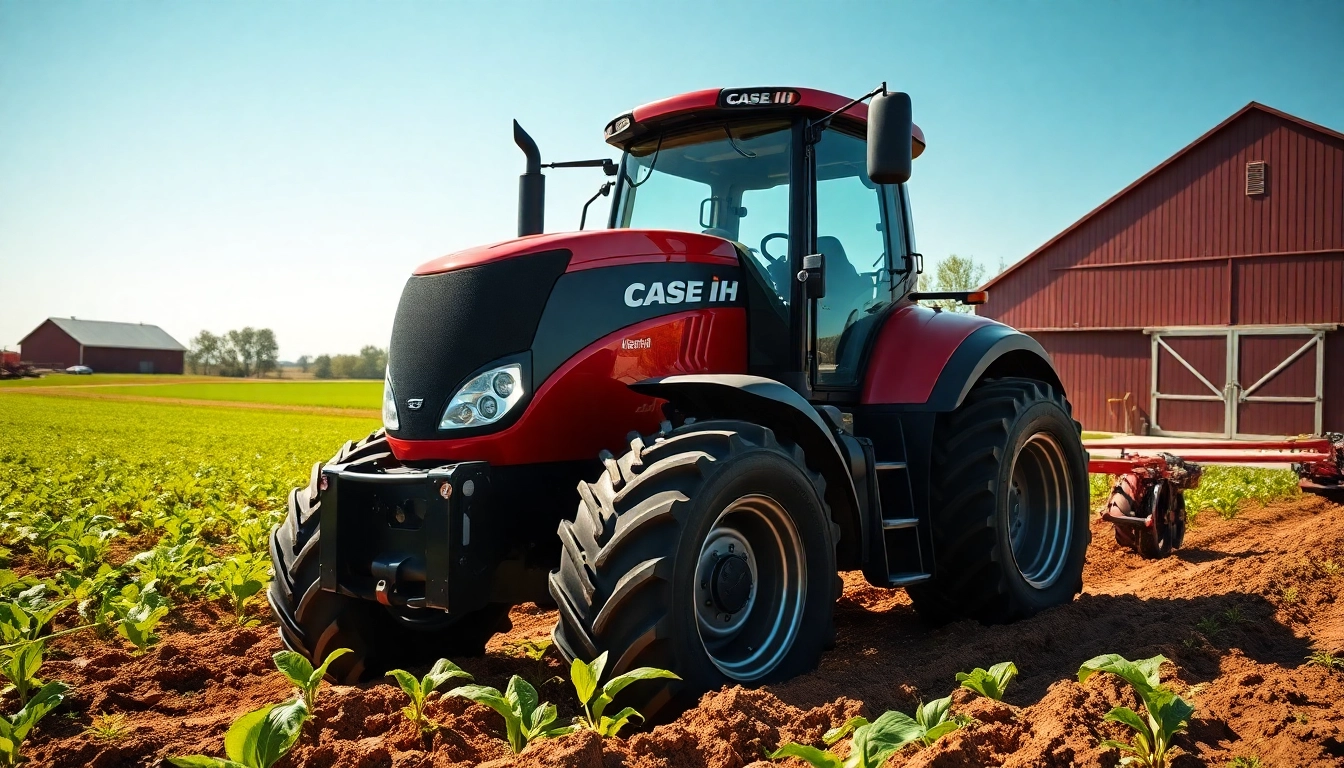Understanding Heavy Truck Battery Types
Heavy trucks are the backbone of the transportation industry, and their reliable operation heavily hinges on the performance of their batteries. Choosing the right battery is crucial for ensuring that these vehicles can tackle the demands of the road efficiently. When it comes to battery replacement for heavy trucks on the road, understanding the various types available is essential.
Lead-Acid Batteries for Heavy Trucks
Lead-acid batteries have long been the standard choice for heavy trucks due to their cost-effectiveness and ability to deliver significant power. These batteries function through a chemical reaction between lead and sulfuric acid, creating electricity. They are particularly suited for starting engines, as they can produce a large current over a short period.
However, there are some downsides to lead-acid batteries. They require regular maintenance, which includes checking the water levels, cleaning terminals, and ensuring that there are no leaks. Additionally, their performance can significantly decline in extreme temperatures, which may affect reliability in cold or hot conditions.
Benefits of AGM Batteries
Absorbent Glass Mat (AGM) batteries represent a step forward in battery technology for heavy-duty applications. They are sealed, meaning there is no risk of acid spills, and they are fully maintenance-free. AGM batteries have a faster recharge time, which can be particularly advantageous for trucks that run on tight schedules.
One of the standout features of AGM batteries is their ability to deliver high currents on demand while also providing extended life cycles compared to traditional lead-acid batteries. This makes them an excellent choice for heavy trucks that require reliable startups and consistent power for auxiliary systems.
Emerging Lithium-Ion Technologies
Lithium-ion batteries are becoming increasingly popular in various applications, including heavy trucks, due to their lightweight and efficiency. Unlike lead-acid batteries, lithium-ion options can provide higher energy density, meaning they can store more power in a smaller, lighter package. This can significantly reduce the overall weight of the truck, leading to improved fuel efficiency.
The longevity of lithium-ion batteries is another compelling advantage. These batteries can last for several thousand cycles, far surpassing the performance of traditional batteries. They also remain effective in a broader range of temperatures, making them more versatile in various environments.
Signs Your Heavy Truck Needs a Battery Replacement
Recognizing the signs that your heavy truck battery needs replacement can save time and prevent unexpected breakdowns on the road. Understanding the key indicators can help fleet managers and truck owners stay proactive.
Common Performance Indicators
One of the most common indicators is slow engine cranking. If starting the truck feels sluggish or if the engine hesitates, it may signal that the battery’s power is weakening. Other signs include dimming lights and unreliable electronic components, such as malfunctioning GPS systems or unstable air conditioning units.
Additionally, if the battery frequently requires jump-starting, this is a clear indication that it may be nearing the end of its lifespan. Drivers should also be attentive to any unusual noises, such as clicking sounds, when they attempt to start the truck.
Roadside Emergency Signals
Roadside emergencies can be costly in terms of downtime and potential loss of cargo. If a truck driver experiences repeated breakdowns that necessitate roadside assistance, it might be time to evaluate the battery condition. Importantly, it is essential to review whether these issues are consistent with the battery’s performance or if they indicate other mechanical failures.
Fleet operators should develop a routine check on battery health as part of regular vehicle inspections. This may include using diagnostic tools to gauge the battery’s performance and potential weaknesses before they trigger an emergency scenario.
Battery Lifespan: When to Replace
Heavy truck batteries generally have a lifespan of three to five years, depending on usage, maintenance, and weather conditions. To maximize battery life, it is important to follow best practices in terms of maintenance, charging, and storage. If a battery approaches or exceeds this lifespan, it’s better to replace it proactively rather than risk failure during a critical time.
Additionally, factors such as extreme weather, heavy usage, and irregular maintenance can lead to earlier battery failure. Monitoring these conditions and responding to them accordingly can help ensure reliability.
Choosing the Right Battery for Your Heavy Truck
The market is flooded with various battery types and brands, making the choice overwhelming. However, taking a systematic approach can simplify the decision-making process for fleet managers and truck owners.
Factors to Consider in Selection
When selecting a battery, consider crucial factors such as the truck’s engine size, the electrical demands of onboard systems, and the typical climate conditions in which the truck operates. The size and weight of the battery can also impact fuel efficiency, so balancing power requirements with overall weight is essential.
Additionally, consider the warranty and the expected lifespan of each battery type. Batteries that come with robust warranties can provide peace of mind to operators, indicating manufacturers’ commitments to durability and performance.
Comparing Battery Brands and Specifications
Brands matter; they not only signify quality but also dictate performance reliability. When comparing brands, look at customer reviews and industry ratings that highlight long-term performance and reliability. Some of the most reputable brands in the field include Odyssey, Deka, and Interstate Batteries.
Aside from brand, look at technical specifications such as Cold Cranking Amps (CCA) and reserve capacity, which indicate how well the battery can perform under different conditions. Make sure that the chosen battery meets or exceeds the specifications required for the specific heavy truck model.
Understanding CCA Ratings for Heavy Trucks
Cold Cranking Amps (CCA) indicate the battery’s ability to start an engine in cold temperatures. For heavy trucks, CCA is a crucial specification to consider. A higher CCA rating generally means better performance when starting in cold weather, which is particularly important for vehicles operating in cold climates or during winter months.
It is also worth consulting the truck manufacturer’s recommendations for optimal CCA ratings, ensuring that the selected battery aligns with the vehicle’s requirements.
The Battery Replacement Process: Step-by-Step
Replacing a heavy truck battery can be daunting, but with the right preparation and knowledge, the process can be straightforward. Understanding the detailed steps involved can empower fleet managers and mechanics to conduct replacements efficiently.
Tools Needed for Safe Replacement
Before attempting to replace a heavy truck battery, gather the necessary tools. Basic tools include a wrench set, screwdrivers, a battery terminal puller, safety goggles, gloves, and possibly a battery testing tool. Ensuring you have all tools at your disposal before starting the process helps streamline the task and enhance safety.
DIY Battery Replacement vs. Professional Services
Many truck owners may consider replacing the battery themselves to save costs. While DIY replacement can save money, it’s essential to have a solid understanding of vehicle electronics and systems to avoid potential damage or safety hazards. If uncertain, it is best to consult with or hire a professional service that specializes in heavy truck maintenance.
Professional battery replacement services ensure that the job is done safely and effectively, often providing warranties and further inspections as part of the service.
Safety Precautions and Best Practices
Safety is paramount during battery replacement. Always wear protective gear, including gloves and goggles, to prevent acid burns and injuries from sparks. Ensure the truck is turned off and parked on a flat surface before starting. It is also vital to disconnect the negative terminal first before the positive terminal to prevent short circuits.
Following the manufacturer’s guidance for battery disposal is crucial, as batteries contain lead and acid that can harm the environment. Consider local recycling programs designed to handle old batteries responsibly.
Maintaining Your Heavy Truck’s Battery
Effective maintenance of your heavy truck battery is essential for maximizing performance and lifespan. By implementing a few strategies, truck owners and operators can ensure reliability and efficiency over time.
Routine Maintenance Tips
Periodically check battery terminals for corrosion and clean them using a mixture of baking soda and water. Ensure that the terminals are tight and that there is no buildup that could impact connections. Regularly inspect the battery case for cracks or wear that might indicate the need for a replacement.
Battery hydration management is crucial for traditional lead-acid varieties. Ensure that the electrolyte levels are adequately maintained, especially in high temperatures, where evaporation can lead to battery failure.
Extending Battery Lifespan
To extend battery lifespan, avoid deep discharging whenever possible. Maintaining a charge level above 50% can lead to improved lifecycle performance. Implementing smart charging practices, such as using a high-quality charger designed for heavy batteries, can also help facilitate longevity.
In addition, charge your battery more often during extreme temperatures, as heat and cold can both significantly affect performance. Incorporating thermal insulation on exposed batteries can also help manage temperature fluctuations.
Preparing for Seasonal Changes
Seasonal changes present unique challenges for heavy truck batteries. As summer heat increases, drivers should monitor battery fluid levels frequently, while winter requires ensuring that batteries are sufficiently rated for cold-weather starts.
Prior to the winter months, consider performing a capacity test to ensure the battery is fully operational. In regions with severe winter conditions, investing in a battery warmer can be an effective strategy to maintain battery performance.



